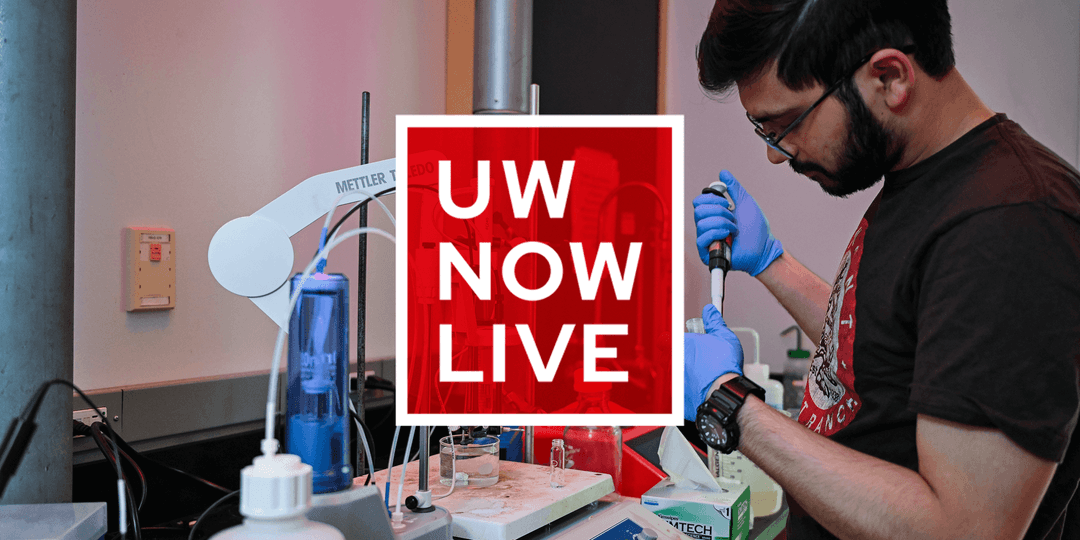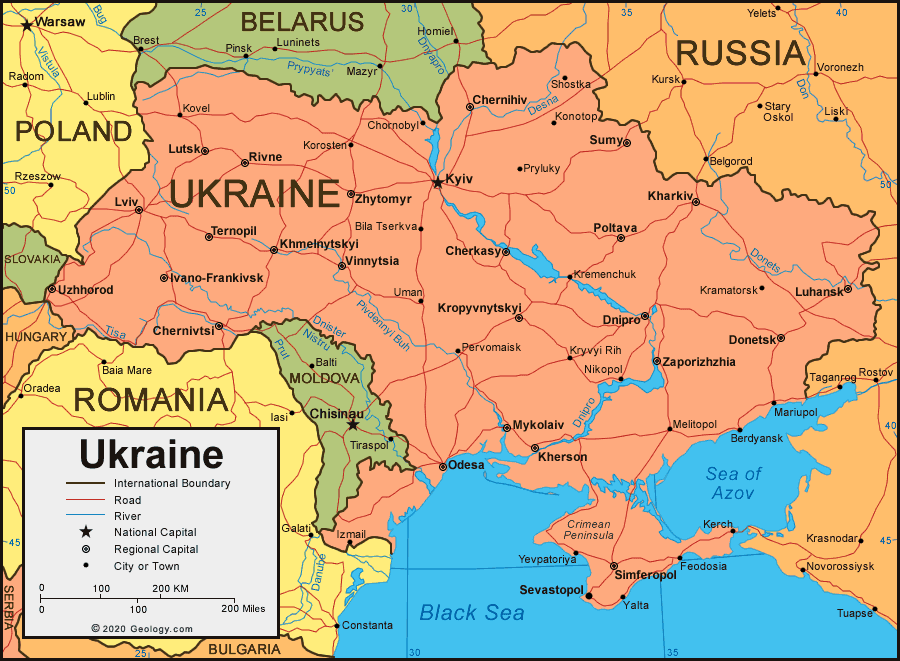What will urban life be like in the next decade? Is COVID-19 creating a Roaring Twenties for a new century, a repeat of the thriving urban growth that market the transformation of 1920s America? Or will we see the Boring Twenties — a time in which cities stagnate while people spend all their time at home, doing nothing?
On the January 5 installment of The UW Now Livestream, three UW–Madison experts looked at cities in the wake of the pandemic and concluded that the coming decade would be more boring, but that this isn’t necessarily a bad thing. It may result in higher taxes and a pressure to reduce density, but COVID-19 may also lead to a more thriving local agricultural community and a healthier environment.
The Future of Cities
The UW Now brings together University of Wisconsin experts to speak about timely topics. Host Mike Knetter, the president and CEO of the Wisconsin Foundation and Alumni Association, moderated a conversation about the future of cities after COVID-19, and his guests included Paul Robbins ’89, dean of the UW’s Nelson Institute for Environmental Studies; Tim Riddiough ’81, PhD’91, chair of the UW’s real estate program; and Alfonso Morales, professor of landscape architecture.
Robbins described the pandemic as a period of “anthropause,” a temporary halt in the human domination of the environment. He noted that, though the pandemic caused widespread economic destruction, it also resulted in rapid environmental improvement. Measures of pollution, such as the amount of nitrogen dioxide in the atmosphere, dropped steeply.
“We experienced significant improvements in air quality around the world. And I mean everywhere,” he said. “The incredible contraction of the economy notwithstanding, the air responded. There’s reason to believe there are ways to do this in the future that aren’t destructive to the welfare of people.”
COVID-19's Effect on Real Estate
Looking at the pandemic’s effect on real estate, Riddiough noted that COIVID-19 has caused difficulty in all cities, but that some have fared relatively better than others. “There was a book not long ago called The Triumph of the Cities,” he said. “What I’d say is that we’re now looking at ‘the revenge of the suburbs.’” The pandemic led to an increase in the number of people who work from home, and that will likely continue, removing people from dense urban areas. “This is bad news for places like New York City and places that depend on people coming into the city during the day,” he said. But smaller and less dense cities — places like Madison — may reap the benefits of this change.
Morales, whose work supports regional food production and delivery by way of farmers’ markets, sees the pandemic increasing trends toward a more local focus, particularly when it comes to food production and consumption. While most industries suffered, community supported agriculture and farmers’ markets fared better. “International and national trade’s not going away, but regionalization’s going to be more important,” he said. “We’re going to see that because of increasingly brittle supply chains and the need to worry about labor on both ends of the supply chain.”
The result of each of these trends, the faculty experts suggested, would point toward quieter — but possibly healthier — cities. Each of the speakers gave a brief presentation and then took questions from viewers who followed the event live on YouTube. To hear more from the speakers, view a recording of The UW Now. The series is offered live on Tuesday nights via YouTube, and the next event will take place January 12 about the Future of Politics.





